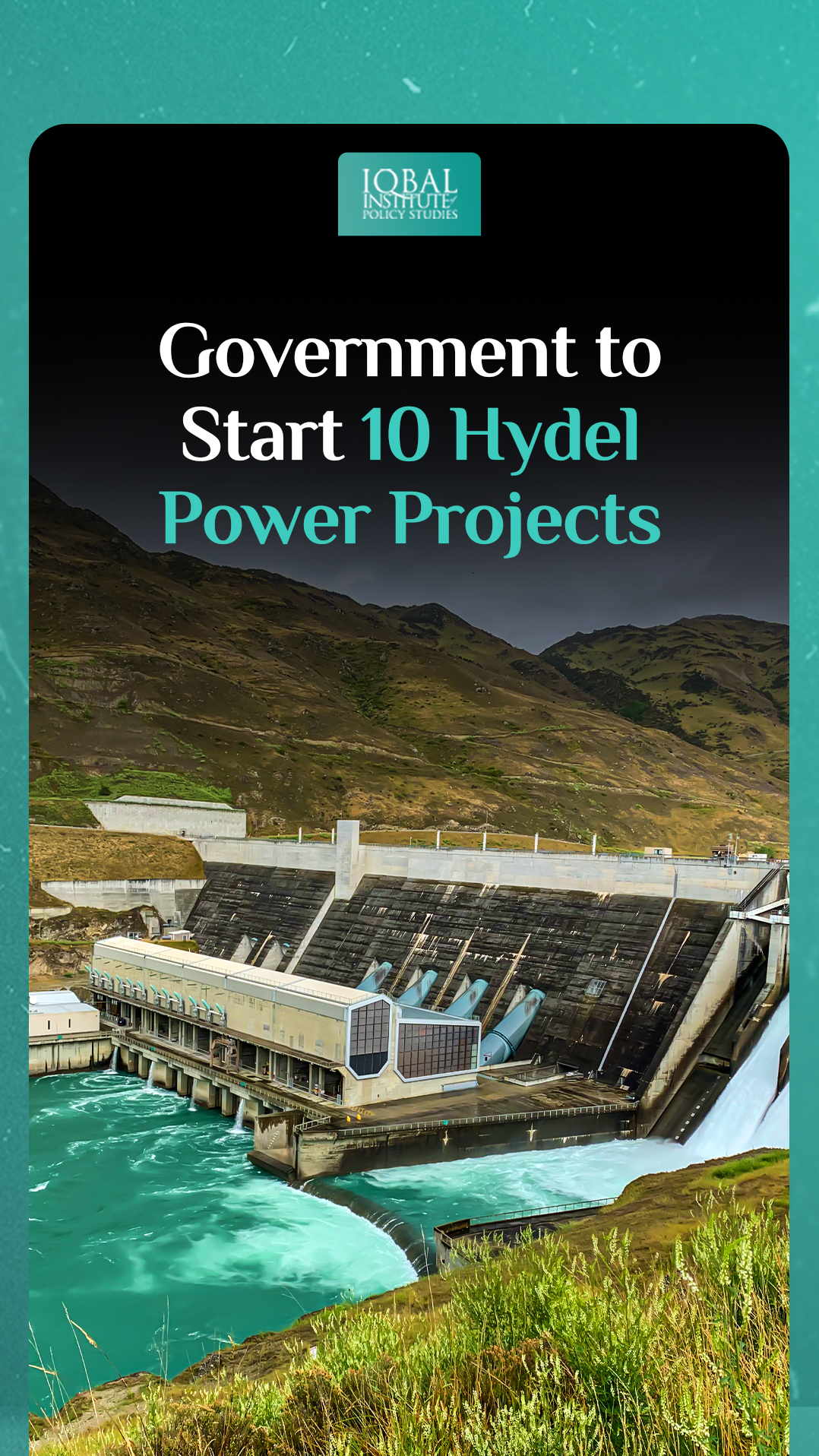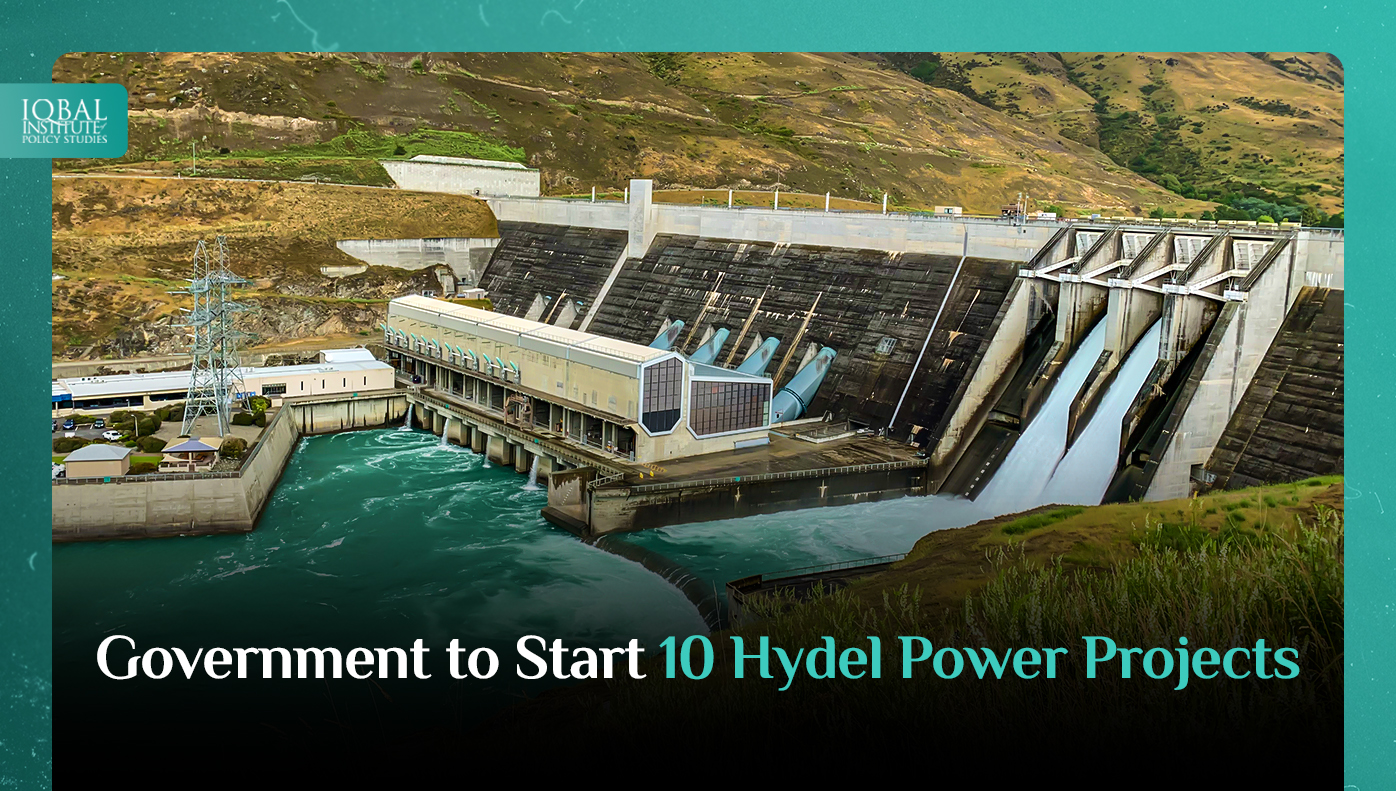Pakistan has been blessed with numerous rivers substantial for its agricultural-based economy. The country has a tremendous hydel potential of 60,000 MW, of which only 7,320 MW has been developed (WAPDA,2019). The remaining untapped potential, if properly utilised, can significantly meet the country’s ever-increasing demand for cost-effective electricity. Currently, Pakistan is suffering from an energy crisis, as about 51 million people lack access to electricity, and around 90 million suffer from the unreliable power supply and load shedding daily.
Due to the global price fluctuation, an over-reliance on imported fuels for thermal generation is the main reason for the country’s energy crisis. However, renewable energy resources such as hydro, wind, solar, ocean tidal, etc., are considered significant and effective energy generation sources to overcome the energy deficit. Hydropower projects increase energy production and create food security buffers, provide clean drinking water to common residents, and create job opportunities for the people.
Considering the importance of renewable energy resources, the incumbent government is highly emphasising the development of hydropower potential. These projects bring socio-economic development to the country and stabilise Pakistan’s economy by providing low-cost hydel electricity to the masses. The government owns and operates 22 hydel power stations, including Tarbela Hydel Power Stations and Neelum Jhelum, with a cumulative installed generation capacity of 4926 MW and 9406 MW, respectively. These hydel power stations provide about 37 billion units of electricity annually on average to the National Grid.
To further enhance the share of hydel electricity in the national grid, the government has announced the establishment of ten hydel power projects scheduled to be completed from 2022-2029. These projects will add 11.7 million acre-feet (MAF) of gross water storage and 11,300 megawatts (MW) of low-cost, clean, and green hydroelectricity. In addition, these projects will boost the socio-economic stability of the country.



Leave a Reply